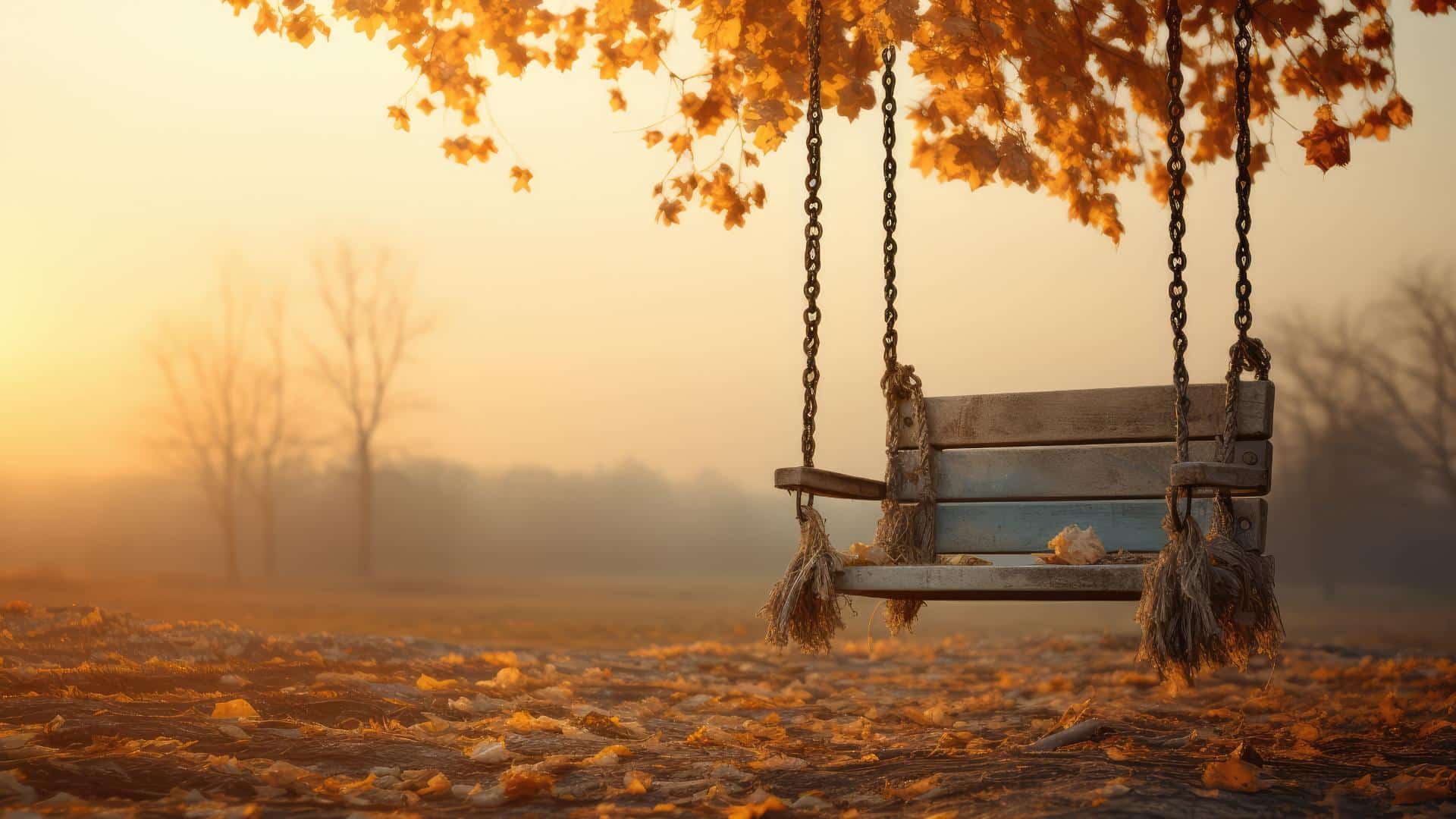Self-care for holiday grief doesn’t have to be complicated or take up a lot of energy or time. Even just five minutes can help you give your mind a break from painful rumination, anxiety, and worry. The key is to craft something that works for you, which I will walk you through in the 5
In grief, life can feel out of control. But one thing I have found is that creating small moments of warmth and comfort is a form of agency. It’s an act of self-compassion, a reminder that even when you cannot control what’s happening around you, you can still tend to your needs. Hygge is about embracing this concept—tuning into your senses, creating a safe, cozy environment, and allowing yourself to slow down.
Embracing our grief journey is like walking through a garden of memories—each step uncovers both the shadows of loss and the light of growth. In acknowledging every petal and thorn, we learn to hold our grief with gentle strength and find resilience in the most unexpected places. Grief is a journey often marked by milestones of
Grief changes the holiday landscape, but it doesn’t have to dictate it. With compassionate planning, we can find a way to honor both our loss and ourselves during this season. The holiday season is often heralded as a time of joy and togetherness, but when you’re grieving, it can transform into a stretch of weeks filled
Why a Grief Support Group Can HelpGrief is something we’re all wired to experience, and while it’s natural, that doesn’t make it any easier. Both experts and everyday people will tell you that social support is key to finding your way through loss. But what do you do when that support isn’t readily available? Many
For many of us, the fall season carries the heavy symbolism of death and endings. The leaves change and fall, mirroring the sense of loss that already weighs on our hearts. It’s a time when grief can become almost tangible, mingling with the very air we breathe. Yet, in recognizing this, we also find a
Grief can often feel like a loop, where the same thoughts, feelings, and memories resurface again and again. Grief journaling is a well-known tool for processing grief, but even that can sometimes feel repetitive or unproductive. One way to break free from this cycle is to approach familiar stories from a fresh perspective. In this blog,
Self-compassion is a vital part of emotional healing, especially when you are dealing with grief and navigating its difficult emotions. Yet even in the best of times, being kind to yourself can be challenging. You might be great at showing compassion to others, but when it comes to turning that kindness inward, it is all










